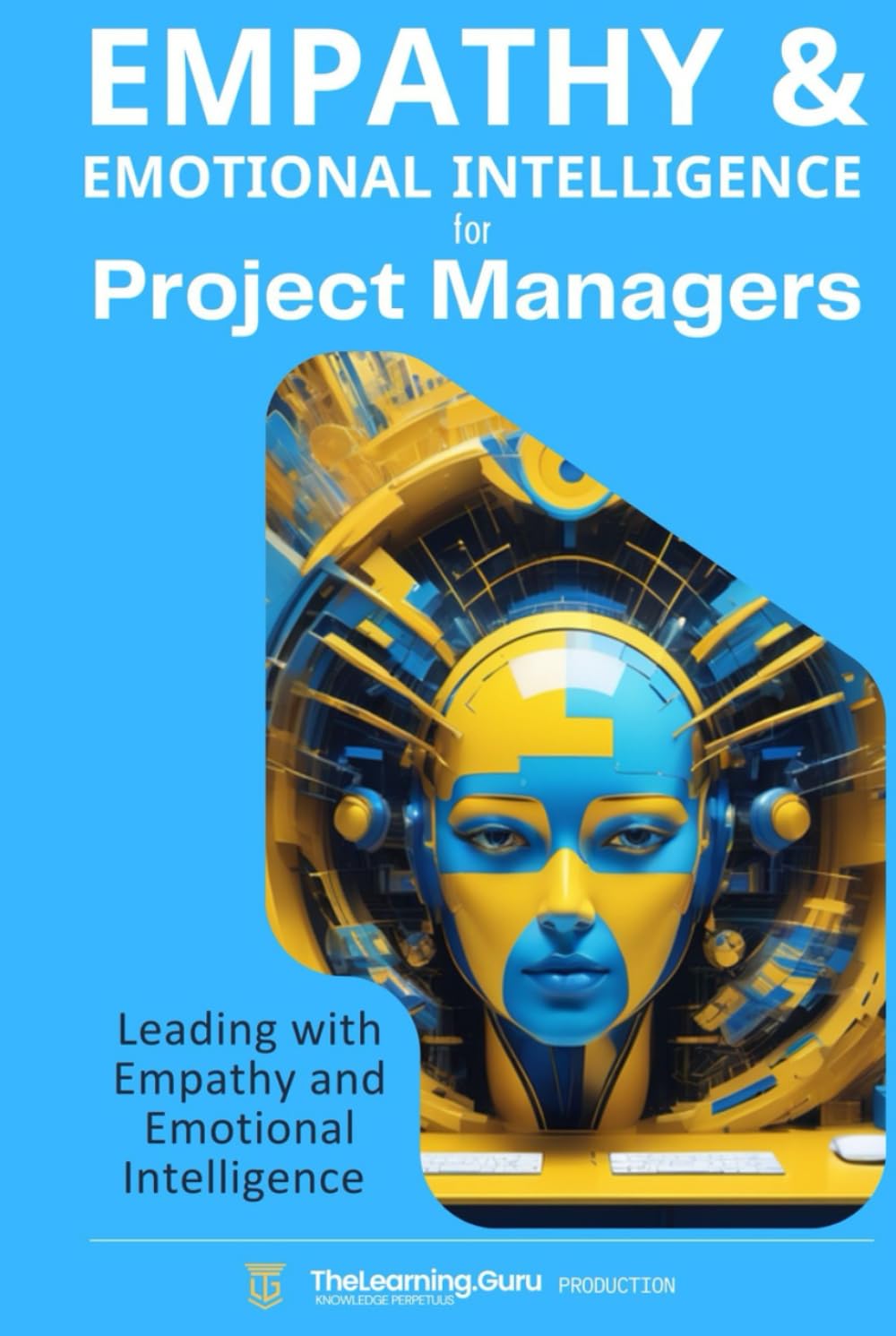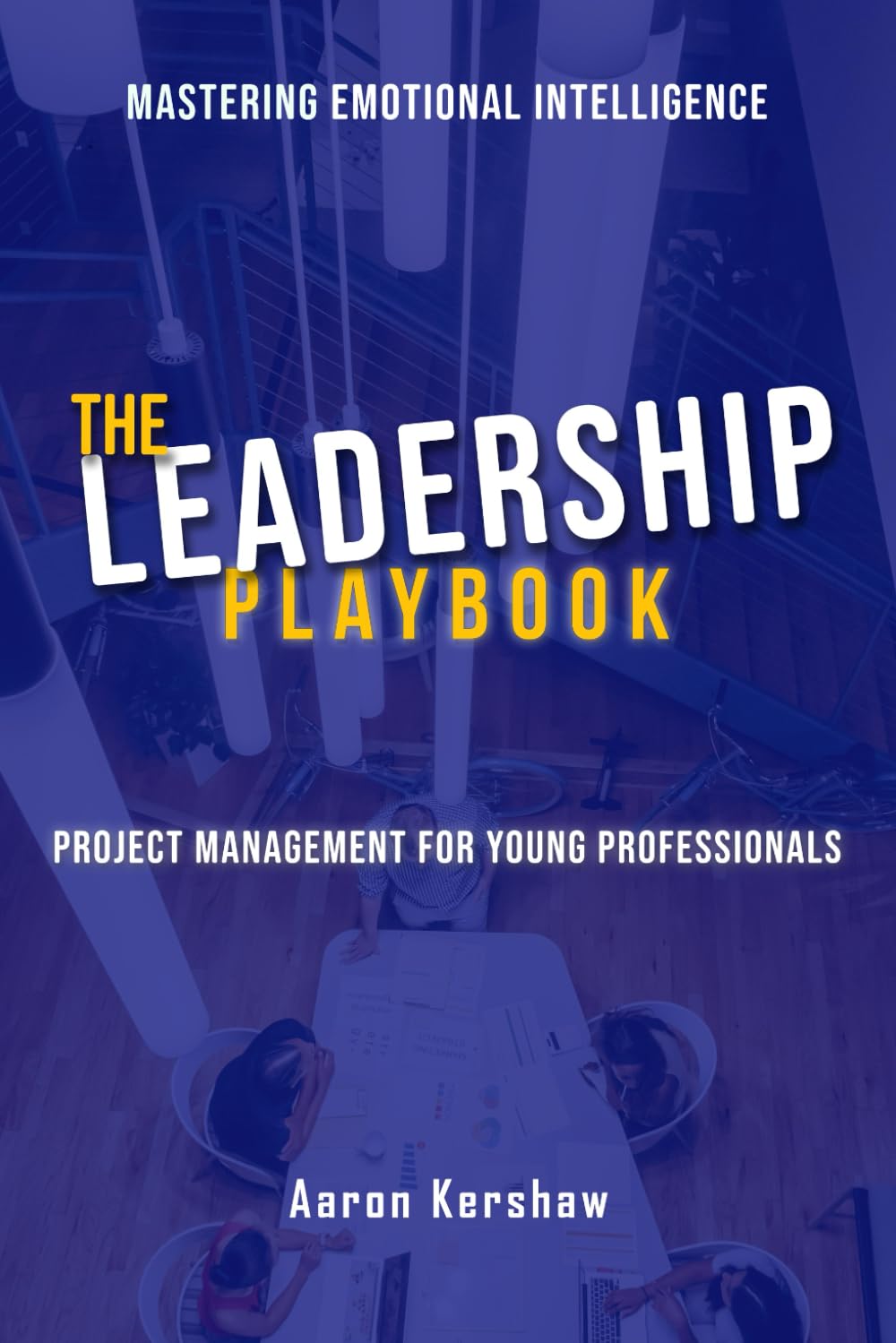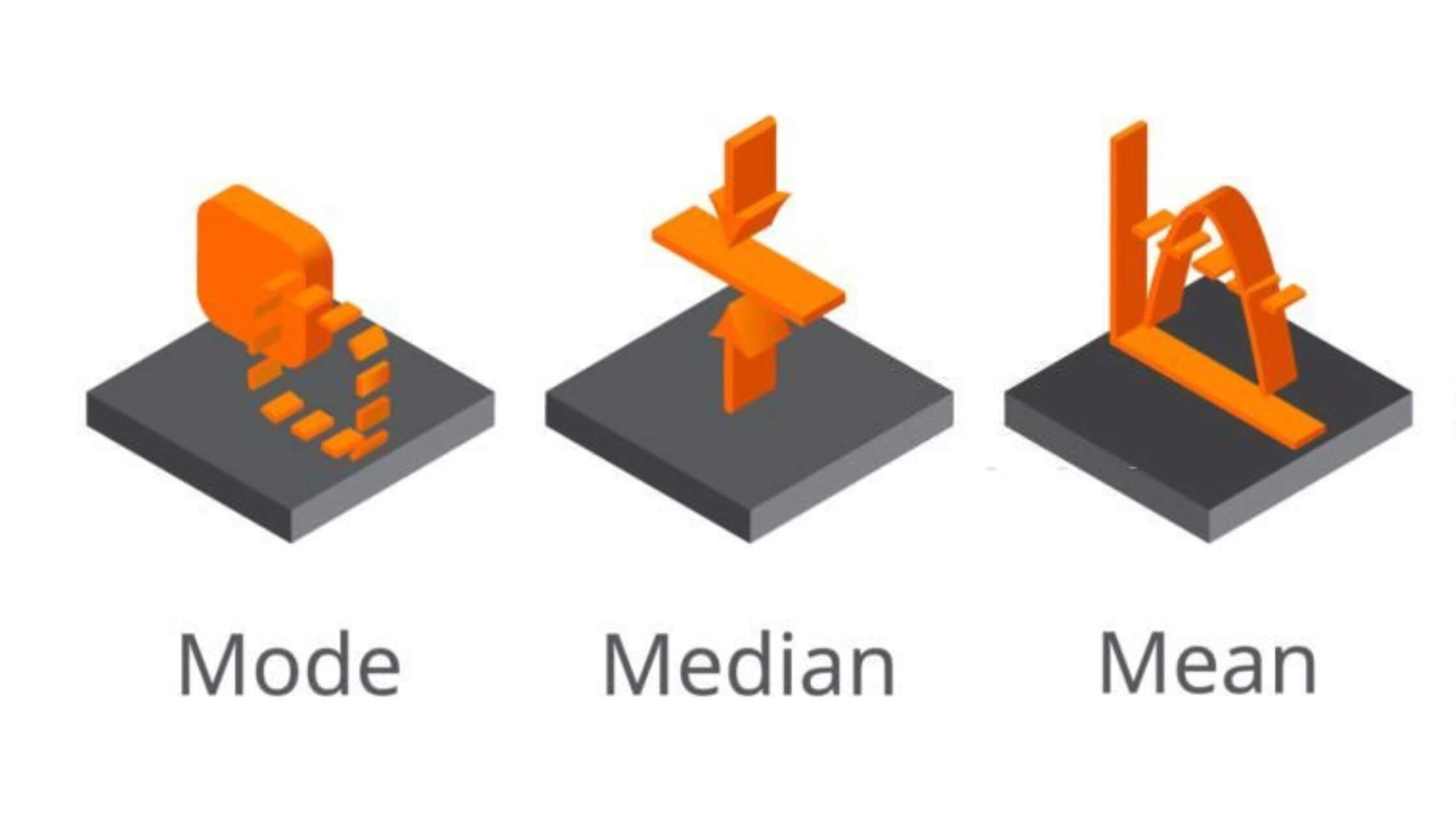
Emotional Intelligence
What is Emotional Intelligence?
Emotional intelligence refers to a person’s ability to recognize, understand, manage, and influence emotions—both their own and those of others. In a project management context, this skill helps leaders and team members navigate interpersonal relationships, handle conflict, and maintain motivation. Emotional intelligence supports better communication, decision-making, and teamwork, especially under pressure. It contributes to a healthy work environment and helps projects progress with fewer disruptions. This concept involves five key components: self-awareness, self-regulation, motivation, empathy, and social skills. These elements work together to help individuals respond thoughtfully rather than react impulsively.
Key Points
- Emotional intelligence enables project leaders to manage team dynamics more effectively.
- It supports conflict resolution by promoting empathy and clear communication.
- High emotional intelligence enhances leadership through improved decision-making and adaptability.
- It encourages open dialogue and psychological safety within the team.
- Team members with strong emotional awareness contribute to better collaboration and morale.
Related Terms
- A strong understanding of self-awareness helps individuals monitor their emotions and understand their effect on others.
- Effective communication is supported by emotional intelligence, allowing project managers to convey messages with clarity and empathy.
- The practice of conflict resolution benefits from emotional control and understanding of team dynamics.
- Stakeholder management becomes more effective when project leaders can gauge emotional cues and adjust their approach.
- Emotional insight improves the process of team development, especially in forming trust and cohesion.
- Applying leadership styles that align with team needs requires reading and responding to emotional signals.
- Motivation is central to emotional intelligence, driving individuals to meet goals despite setbacks.
- In times of stress, strong resilience allows emotionally intelligent professionals to maintain performance.
Emotional Intelligence: Example
A project manager notices that team morale is low after a deadline extension. Instead of pushing harder, the manager organizes a brief meeting to acknowledge the team’s frustration, encourages open discussion, and shares a revised timeline. By addressing emotional concerns openly, the manager restores motivation and builds trust, helping the team regain focus and move forward productively.
Emotional Intelligence: Best Practices
- Reflect regularly on personal emotional triggers and responses.
- Practice active listening to understand team members’ perspectives better.
- Respond to conflict with empathy and aim to resolve issues collaboratively.
- Develop self-regulation techniques such as mindfulness or stress management tools.
- Encourage open communication and create space for feedback within the team.
Additional Resources
Preparing for a PMI certification?
- Exam Prep Courses: PMP®, CAPM®, and PMI-ACP®
- Exam Simulators: PMP®, CAPM®, PMI-ACP®, PMI-PBA®, PMI-RMP®, PMI-SP®, PgMP®, and PfMP®
- Professional Development Units (PDUs): 15, 30, and 60 PDU Bundles




